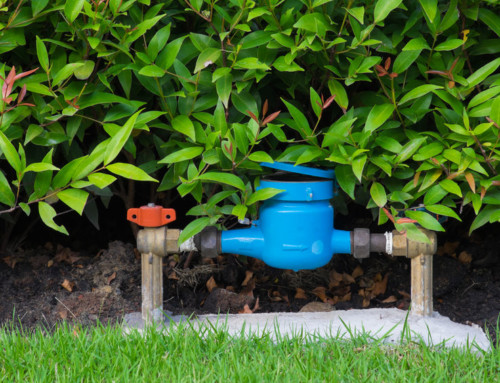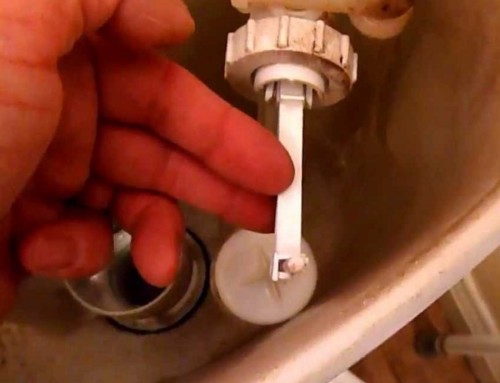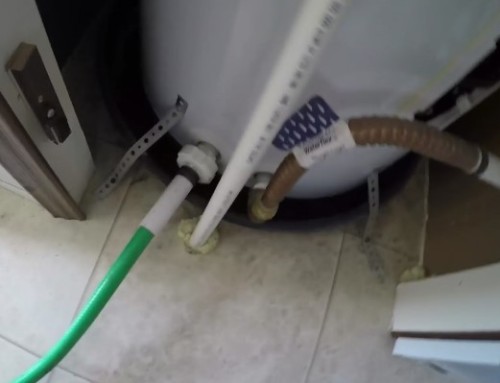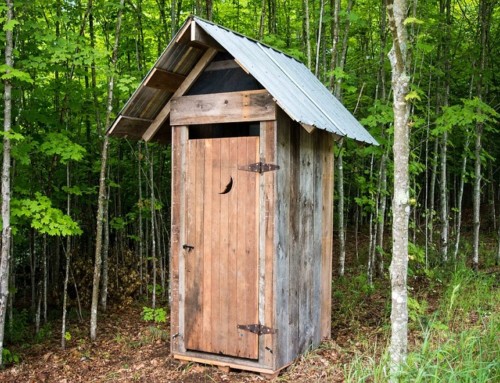Water restrictions in Melbourne and throughout the country have been loosened in recent years. But that doesn’t mean we shouldn’t be watching our usage. Saving water saves us money and is better for the environment by preserving our natural resources.
Here are some tips on how to reduce your water consumption at home.
Get into good habits
Take shorter showers – Most people drift off into another world when showering, when it should be a practical task rather than recreational. Keeping your shower time to 4 minutes or under can reduce water consumption by as much as 25 litres every day!
Keep a jug or bottle of cold water in the fridge – A lot of water is wasted when people want a drink from the tap, waiting for the water to get cool. By planning ahead, you can save plenty. Get yourself a BPA free jug or bottle, fill it with water and keep it in the fridge for when you want it.
Be smart when washing – If you’re doing a small load of laundry, adjust the load size accordingly. Don’t run the dishwasher when it’s only half full, wait until it’s at capacity. If you need certain dishes, wash them by hand separately.
Wash veggies smarter – Rather than washing your fruit and vegetables under running water, partially fill your sink and wash them in that. You’d be surprised how much this can save, especially if you eat a lot of wholefoods! When heating veggies, consider a steamer or pressure cooker, and if you use pots and pans, don’t overfill them.
Turn the tap off when brushing teeth – Once you’ve wet your brush, there’s no reason to leave the water running! Turn it off and get to work on those pearly whites!
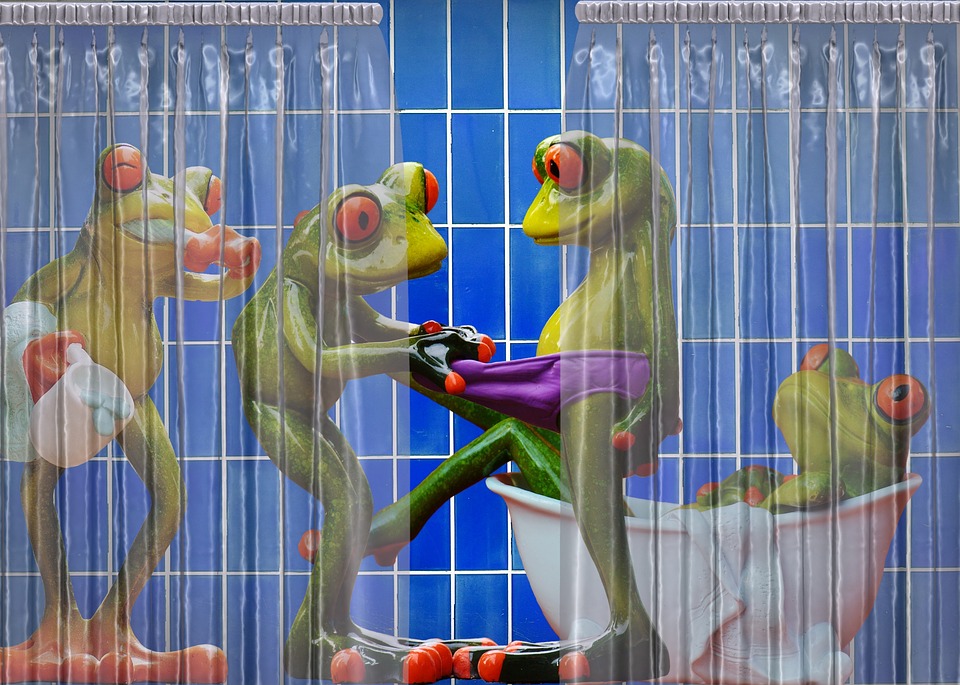
Reduce your hot water usage
Use warm rather than hot – Heating water is one of the biggest drainers of energy around the house. So instead of a boiling hot shower, dial it back a bit. Using the same strategy when washing dishes can make a big impact.
Turn off your hot water heater regularly – Only using your hot water heater when needed (ie. early morning and early evening) is beneficial. Buying a hot water system that allows off-peak heating or uses solar hot water will also help.
Improve your home appliances
Buy energy-efficient models – With modern technology comes higher efficiency. Most appliances have energy ratings on them, so when purchasing a new washing machine, dishwasher and so on, pick one that has a higher rating. They might be slightly more expensive, but you will be saving money in the long run through lower water and power usage.
Install water-saving shower heads – There are plenty of low flow shower heads on the market that are cost effective and easy to install. These use less than 10 litres of water per minute, saving everytime you shower.
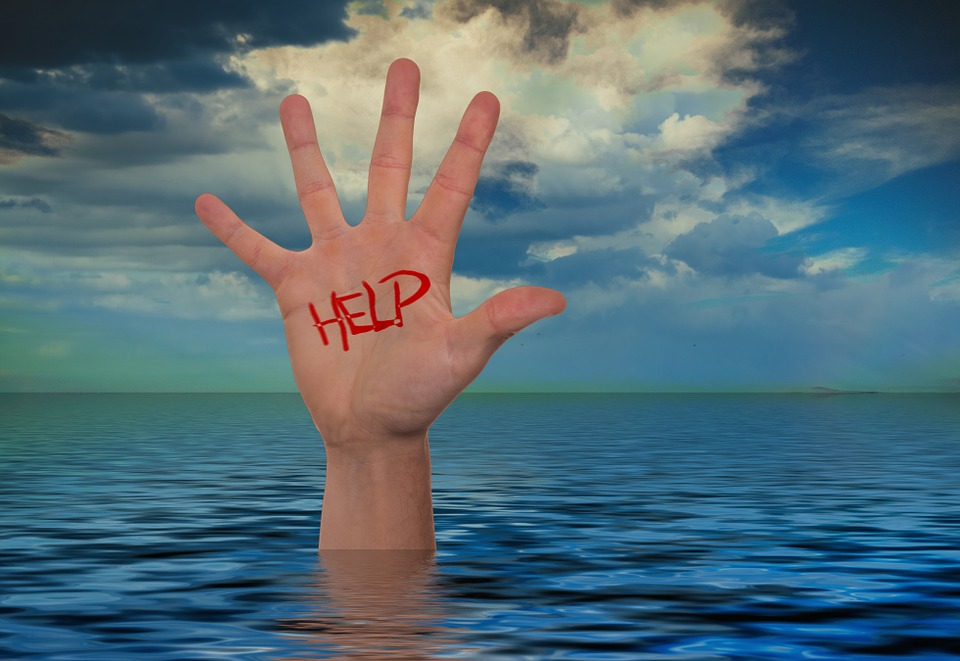
Stop those leaks
Fix any leaky taps – Every home has to deal with leaky taps at some stage and most of the time, we ignore them! Because of this, the amount of water wasted each year by leaks could be used in 270 loads of washing! Replacing a washer or a worn out seal is quite easy, and if you aren’t that handy, call a plumber. It will more than save you in the long run.
Examine your toilet for leaks – A clever trick to check for toilet leaks is to put a bit of food colouring in your toilet tank. Wait 30 minutes (without flushing) and if the colour appears in your bowl in that time, it means you have a leak. Again, a plumber can easily fix this for you and ensure that you’re not wasting water via the toilet.
Gardening tips
Saving water doesn’t have to be confined to inside the house. Here’s some great ideas to save water in the garden:
- Don’t water concrete – setup sprinklers so they get the grass and garden, not the driveway or footpath.
- Favour a garden with Australian native plants, they require less water to flourish.
- Don’t clean your driveway or clear leaves by watering, use a broom!
- Only water the garden when required and do it early in the day or late in the evening, to minimise evaporation.
For other water saving tips, check out Melbourne Water.


